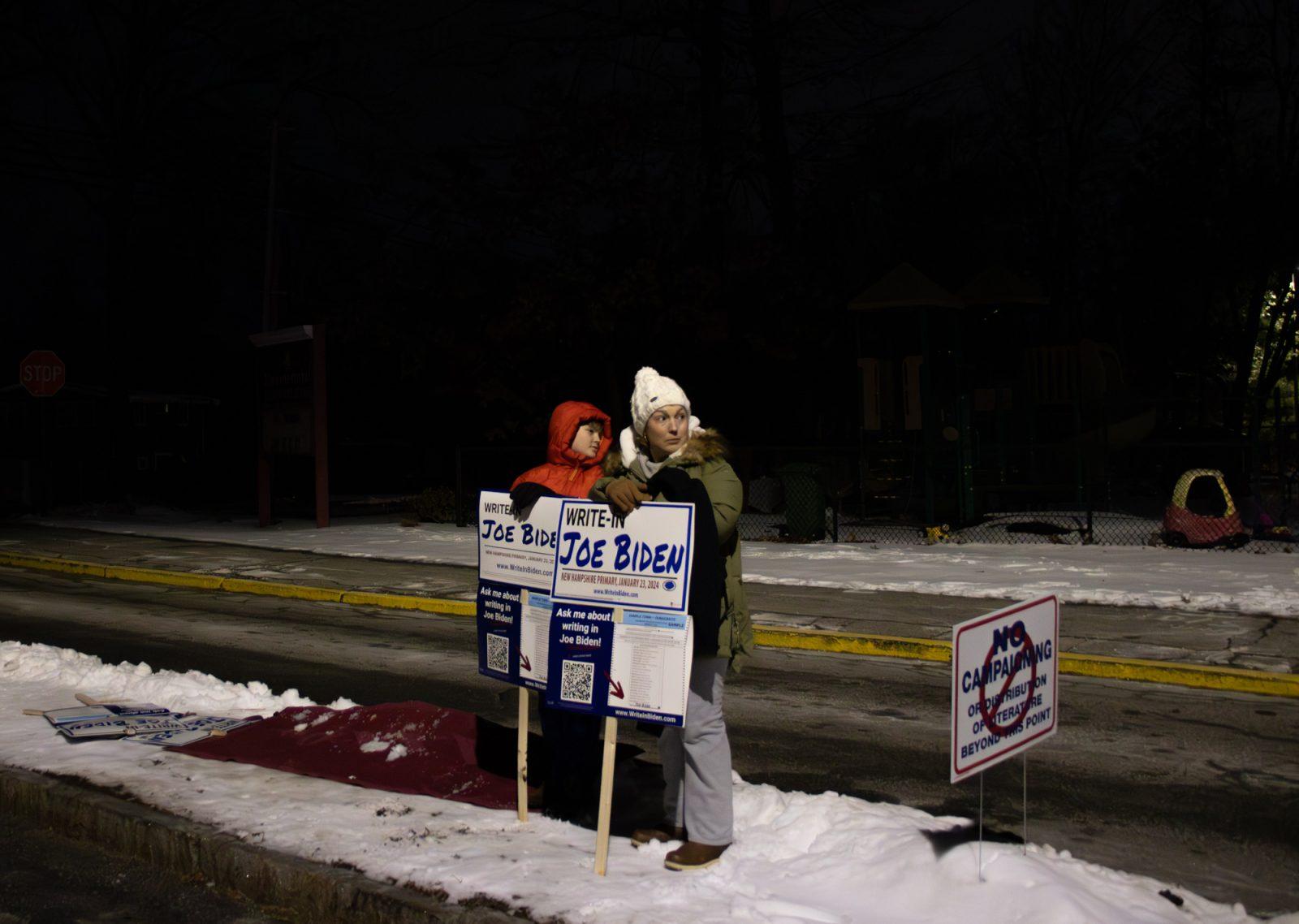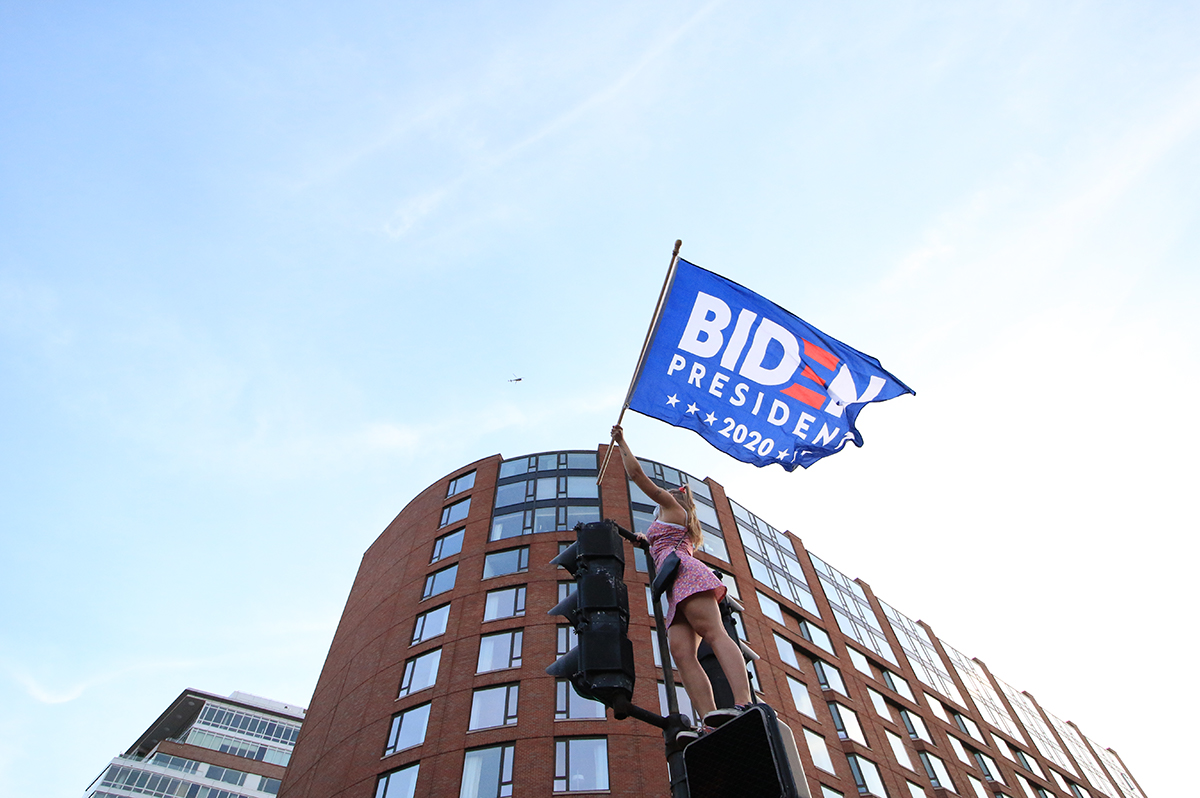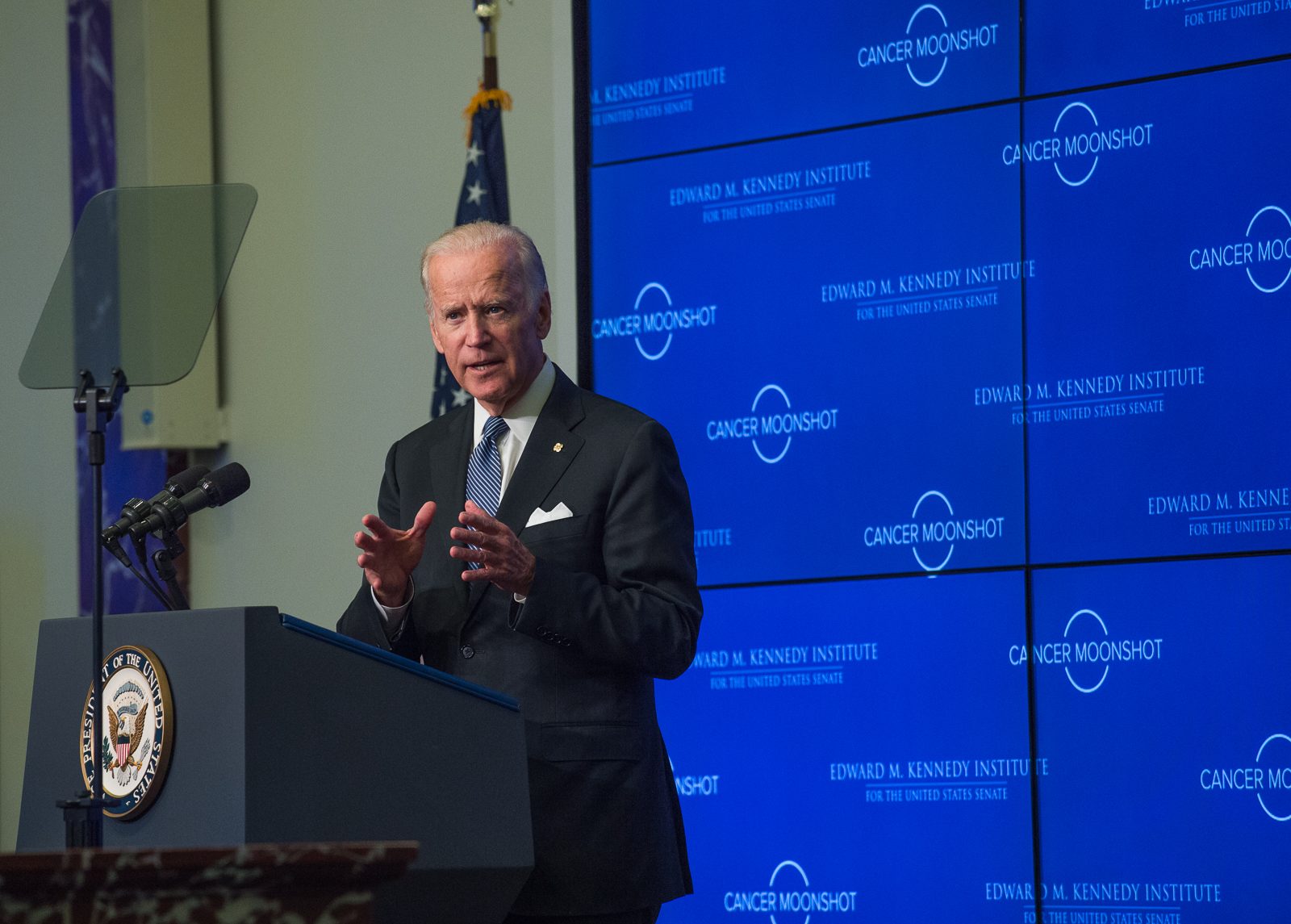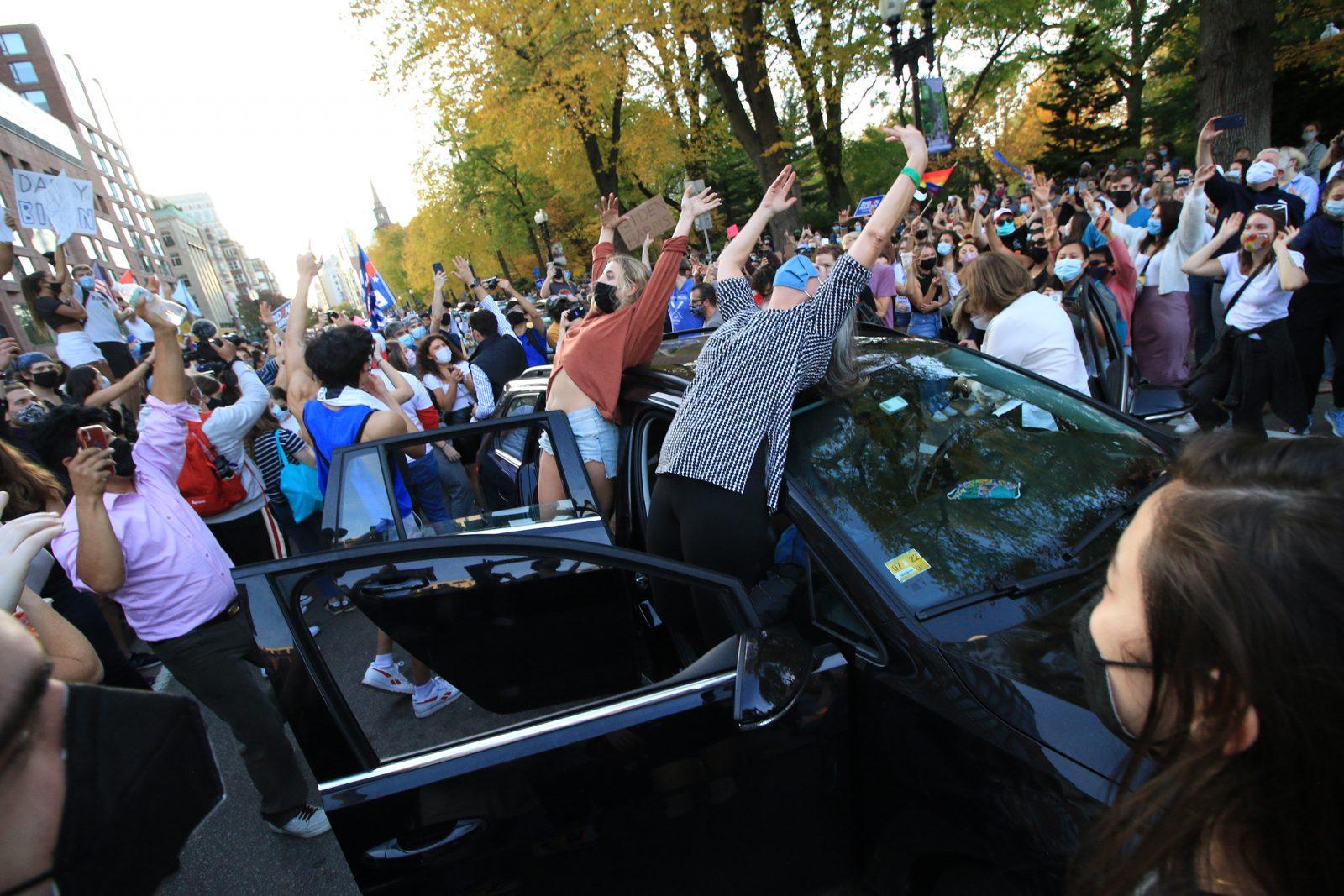After being released from jail on Tuesday afternoon, all Boston University student Brandon Wood wanted to do was take a shower.
Boston Police arrested Wood, a College of Arts and Sciences junior, early Tuesday morning during the mass arrests of Occupy Boston protesters at the Rose Fitzgerald Kennedy Greenway.
“I heard ‘we’re going to take this guy, we’re going to take him,’” Wood said, describing how he was forced to the ground and handcuffed by two officers when he refused to break from a human chain the protesters had made. “I wasn’t sure what to do, but I was just so full of passion.”
After marching through the streets of Boston on Monday, Occupy Boston protesters met at Dewey Square where they decided to create an overflow campsite at the privately owned Greenway due to a surge of new protesters and campsites.
After countless notice from BPD to leave the Greenway, they remained on the site despite the warning that a police intervention would follow. At about 1:30 a.m. on Tuesday morning BPD officers came with riot gear and began arresting protesters who disobeyed their commands.
Wood was among 141 protesters who were arrested and booked into jails spanning from Dorchester, Mattapan, Brighton and Jamaica Plain, according to Boston Police Department spokesman Eddy Chrispin. About seven BU students were arrested, Wood said.
Wood was booked into a Dorchester prison with seven other protestors, where after hours of waiting they were given a “horrible” meal of a “cold egg and ham sandwich on some disgusting English muffin,” and a carton of milk.
“The cells were very disgusting,” Wood said. “There was pubic hair, there was feces on the toilet and the worst thing of all was that they were pumping air conditioning into the cells so it was freezing. No one got any sleep.”
Wood said the greatest feeling was getting his handcuffs taken off after appearing in court, going home, taking a shower and eating a mountain of food.
Among the other BU students arrested was Nikitasha, a Sargent College of Health and Rehabilitation Sciences junior, who gave herself up for arrest after the police said they could “‘do this nicely or take her by force.’”
Nikitasha, who asked to keep her last name anonymous, said she was handcuffed so tightly it “caused red marks to form on my arms” and was put in a cell in South Boston with 12 other female protesters.
The cell, she said, smelled strongly of urine, and when she and the other protesters asked for water, the officers denied their request and said that the state does not provide them with water.
“I’m glad I got arrested,” Nikitasha said. “It opened my eyes to the conditions of prison and helped me become aware of the horrible conditions our prisoners live in.”
Nikitasha was moved from cell to cell for 16 hours, until she was finally released and sent to court. She was initially charged with trespassing and unlawful assembly, but was offered a reduced charge of civil infraction with a $50 fine.
“I’ve learned so much, and being arrested has only strengthened my motivation,” Nikitaska said. “We did nothing to instigate the cops, and when they pushed us to the ground we kept our arms linked. That’s what this movement is about.”
BU Dean of Students Kenneth Elmore called the Occupy Boston movement “ what American-style democracy is.”
“If you think about it, it’s the foundation of the country and certainly from the standpoint of young people in this society, that’s been a method that’s been helpful,” Elmore said.
A fundamental aspect of being an American, he said, is to associate with like-minded individuals and part of that may be to protest or gather to send a message to elected officials.
“I just hope that the individuals who were arrested fully understood that that’s what they’re doing and that’s part of the process,” Elmore said.
Wood said he understands.
“Even though the police took the park back, we won,” he said. “We stood up for what we believe in… More people heard about this, more people are talking about this and the police really helped legitimize this movement.”
He said that although the arrest was “demeaning” there is a certain beauty and charm to civil disobedience. He said he sees himself as a “political prisoner.”
“Looking back I’ll do it again,” he said. “It has really made me less scared of going to jail for something worth going to jail for . . . and I think I’ll get arrested in a sweatshirt next time.”
Staff Writer Alex Nawar contributed to the reporting of this story.





























































































































Anonymous • Oct 14, 2011 at 7:26 pm
To the above commenter–don’t you think getting arrested was enough? Why should BU punish them as well?
Dave-SMG82 • Oct 14, 2011 at 3:37 pm
Poor kids- forced to eat cold food and being demeaned in such an awful way. My heart goes out to them. I’m going to share this ordeal with some friends in the Sudan who think they have it sooo bad.
Russell S. Grand • Oct 13, 2011 at 10:27 am
Not that I don’t think anyone shouldn’t express their constitutional right to speak their opinion and demonstrate for what they believe in, but what i really wonder about is whether or not Boston University will apply internal judicial sanctions against those arrested. The Code of Conduct applies to behavior on and off campus, including arrests, and if the University does nothing about the students arrested it makes a mockery about the judicial process it has worked long and hard to asset. The protestors were given the right to vacate and they were arrested because they didn’t obey a public safety order.
I only hope, as an alumnus of BU, that the Code isn’t applied capriciously and selectively.